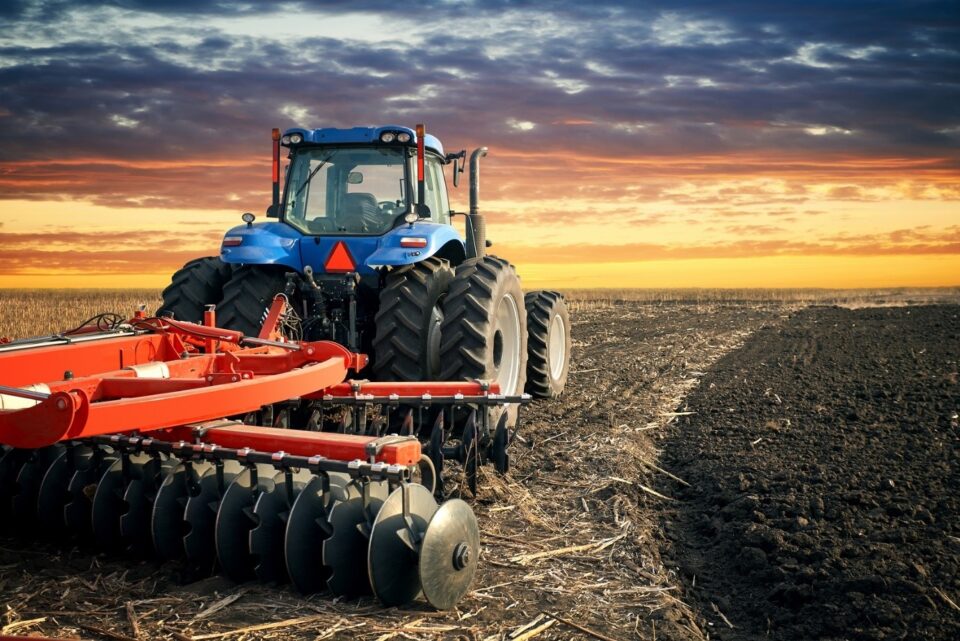Farmers and investors have been urged to step up mechanisation to make farming efficient, easier and profitable.
Amid the never-ending man versus machine debate brought back last week by influential tea pickers’ unions in Rift Valley protesting against handpicking machines, farmers have been advised that quality mechanisation and modern technology present the future.
Tasks such as tilling land, planting, weeding, spraying pesticides, harvesting and drying of produce should be mechanised as much as possible to make farming pay and boost food security.
Speaking in Nairobi, farm machinery importer Geoffrey Nyaberi said days of back-breaking labour are now history and Kenyan farmers should not look back or be left behind as the world embraces technology.
He said shunning mechanisation to maintain some hard labour chores will only give false hope to a few people, but deny the country capacity to produce more harvest and quality jobs of the future.
“I was in Italy last month for an exhibition on farm machinery called EIMA, and I was amazed at how the global farmer has highly mechanised their ventures. We must embrace mechanisation and accept that hard labour and routine chores are being taken up by machines,” he said.
The Rhino Agrimac and Equipment Ltd director also said modern farming requires machinery to produce more even as the population grows and the country’s needs expand.
“It should be the responsibility of everyone to take care of our environment for our current and future generations. Everyone should be taught that land decreases but the population keeps increasing. Where will we live and produce enough food? That is why mechanising will help us use our land optimally,” he said.
To create decent jobs and real wealth, Mr Nyaberi said there will be sacrifices to make like some tasks being made redundant.
“Additionally, farmers and agribusiness investors should be willing to pay higher costs for quality farm machinery. They have to look at, for instance, the price of a tractor that has ten years guarantee and another one that offers 30 or even 50-year assurance,” he added.
Captain FarmTech sales manager Kanyi Thairu, who was also at the farm machinery exhibition in Bologna, Italy, said the unwillingness of the youth to work as farmhands will also force farmers to mechanise their operations.
“The drudgery associated with manual work is unsustainable and unproductive. Some Mt Kenya counties are already suffering labour shortages as the young people shun manual work,” he told The Saturday Standard.
Mr Thairu advised large-scale tea farms to invest in labour-saving technologies to improve productivity while reducing costs. “If we do not invest in technology, we won’t compete in the international market with major food-producing nations in Asia and South America,” he added.
He noted that Kenyan farms had become smaller over the years, but that is not an excuse to shun mechanization. “Manual labour is expensive in the long term. Smallholder farmers can, for example, form groups or Saccos and buy small tractors to use on their farms,” he added.
Captain Agri Machinery Exim LLP Managing Partner Sunish Shah said Africa is a ripe market for farm machinery. “It is time African farmers took up farm machinery to solve food production challenges. The continent has the potential to become the food basket of the world, but only if farmers mechanise their operations,” he said.
He said small tractors can be used optimally through the crop cycle to reap maximum profits for large or small farmers.


